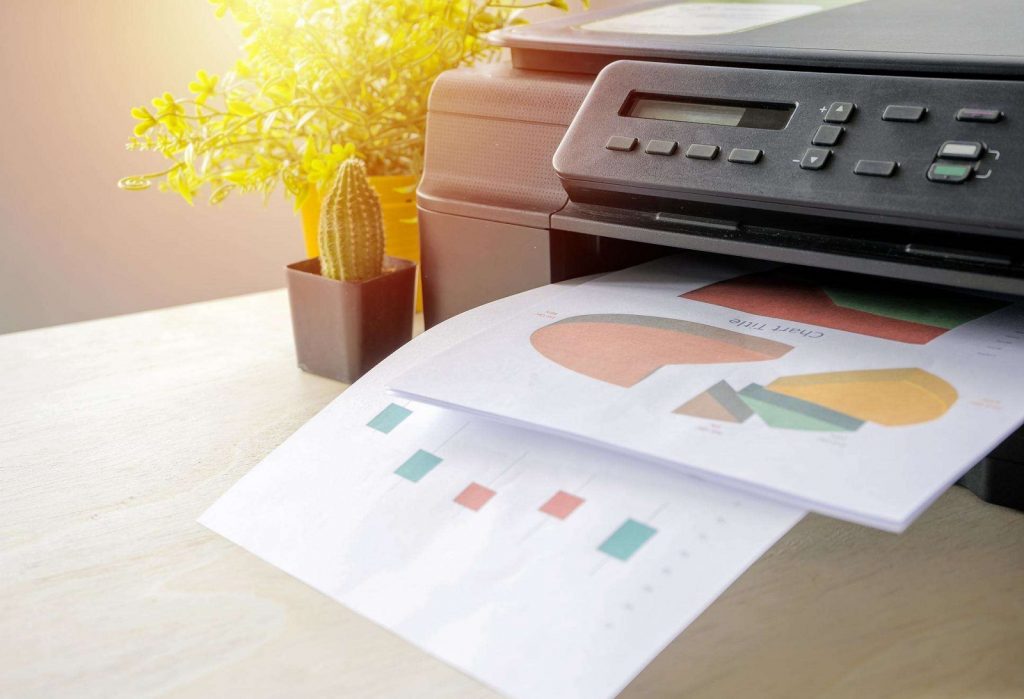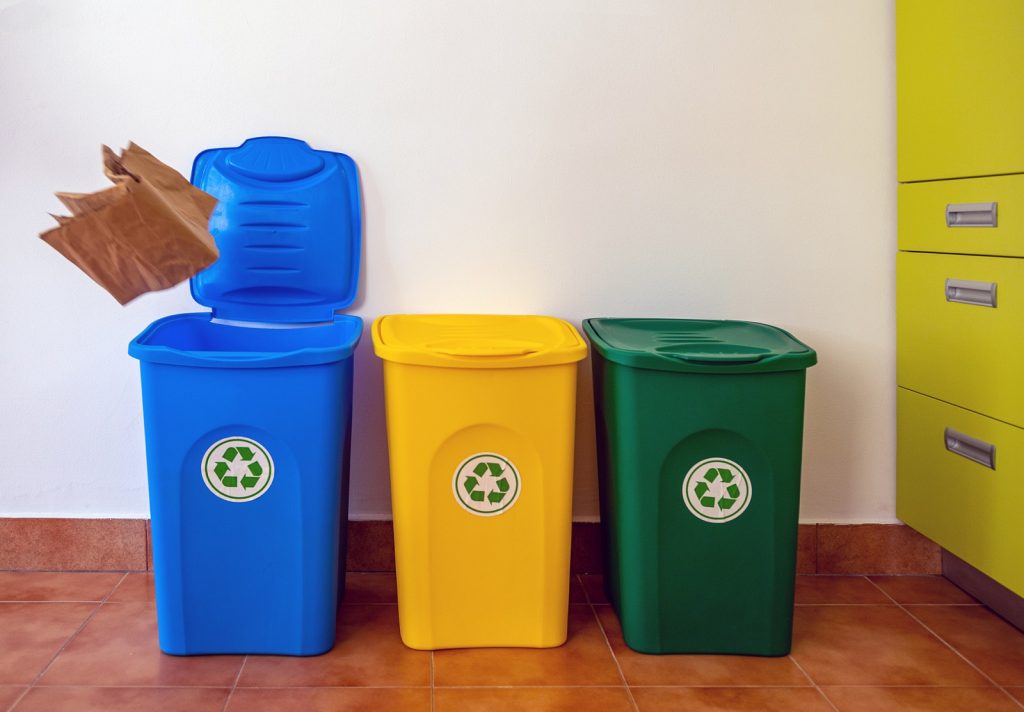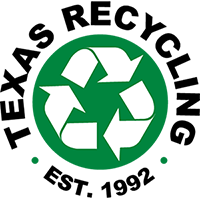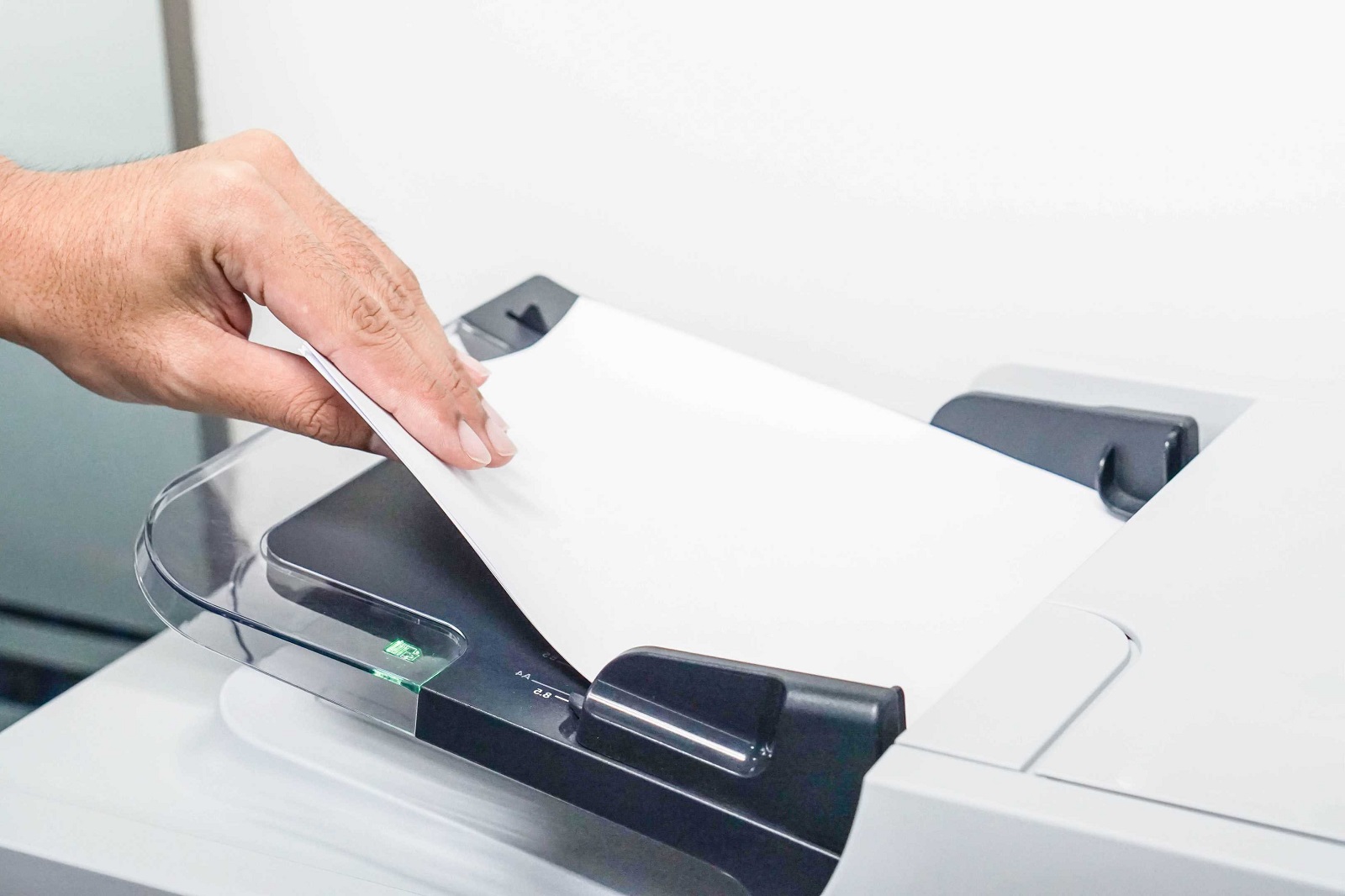Go Ahead and Print: The Environmental and Economic Benefits of Printing Email with Paper Recycling
In the signature line of emails, we have all seen some variation of an appeal to refrain from printing emails, putting paper recycling aside. For added effect, many incorporate the color green or a picture of a tree.
In some cases, they are polite: “Please consider the environment before printing this email.”
Some are very direct: “Save a tree. Don’t print.”
Others are conversational: “Don’t print this, OK?”
And others already assume that the digital email won’t become a printed email: “Thank you for not printing this email.”
However, many people do require printed emails and attachments. The reasons include:
- They can’t read them well on a computer screen or smart phone
- The email is a meeting agenda
- They don’t carry a laptop or tablet with them
- It’s easier to write notes on paper
- They read print faster than text on screen
- There’s some rule in their office/company about having a paper trail for everything
- They’re afraid digital email will be accidentally deleted

It’s OK to Have Printed Emails Because of Paper Recycling
At Texas Recycling, we say it’s OK to print an email and attachments if you really need to! We’re not just saying this because recycling is our business, but because recycling paper benefits the environment and the U.S. economy.
Environmental Benefits of Paper Recycling for Printed Emails
According to the EPA, every ton of recycled paper saves 17 trees from being harvested. The American Forest & Paper Association estimated that an average of 338 pounds of recycled paper was recovered for every man, woman, and child in the U.S. back in 2011. With recycling efforts and education increasing since then, that number is now even higher. Plus, currently 94% of Americans have access to community recycling programs, making paper recycling more accessible to the public.
Every ton of recycled paper also saves approximately 1,000 gallons of water, 4,000 watts of electricity and 463 gallons of oil that would have been consumed in the production of new paper products.
Recycling one ton of paper also saves more than 3.3 cubic yards of landfill space, and reduces the greenhouse gas emissions generated by landfills throughout the U.S.
Texas Recycling is Your Resource for Paper Recycling Programs 214-357-0262
Paper recycling in Dallas reduces the amount of harmful CO2 emissions that are inherent in the production of new paper products. The Paper Recycling Coalition estimates that every ton of recycled paper reduces these carbon emissions by 3.6 million metric tons.
Recycling also helps to reduce the amount of methane gas that is naturally produced when paper decomposes in landfills. The EPA cites landfills as the largest source of methane gas emission in the U.S. and has identified paper as the primary landfill material contributing to the problem.
Economic Benefits of Paper Recycling for Printed Emails
Jobs in the recycling industry contribute to a growing labor force of skilled workers like material sorters, dispatchers, truck drivers, sales representatives, process engineers and even chemists. While dumping 10,000 tons of waste in a landfill creates only six jobs, recycling 10,000 tons of waste creates 36 jobs. That’s six times as many jobs! Not only do many of these jobs pay above the average national wage, but many are also in urban areas where jobs are scarce and desperately needed.
In the U.S., recycling industries provide well-paying jobs for approximately 1.1 million workers. The average annual salary for recycling workers in the U.S. is $27,000. This increases as the jobs become more specialized and/or require degrees and experience. Salaries also vary by state.
Recycling creates new businesses. Companies are created to transport, process and sell recovered materials. Firms that manufacture and distribute products made with recycled materials are started, as well.

China, South Korea, Japan, and many developing countries import recycled paper and waste paper, and depend on low-cost, economically viable options of recycling to cope with the shortage of natural resources. As the market for recyclable materials increases world-wide, the generated revenue benefits the U.S. economy.
Keeping a waste management facility running smoothly and efficiently can be extremely costly. A recycling facility, however, is much more cost-efficient than waste management operations that incinerate or dispose of waste materials in landfills.
Recycling also reduces the amount of processing needed to produce new products from virgin materials. This reduces costs for the manufacturer, with the savings being passed through to the consumer.
Don’t Forget to Recycle Printed Emails
Tossing printed emails and other papers in the trash—which goes to a landfill—does waste precious resources. However, paper recycling of printed emails and other paper wasteactually benefits the environment and the U.S. economy.
The next time you want to print an email but feel start to feel guilty, you can relax and print away. Just walk it over to the recycling bin when you are finished with the information.

Here’s the email signature we use at Texas Recycling:
“It is OK to print this e-mail. Paper is a biodegradable, renewable, sustainable product made from trees. Growing and harvesting trees provides jobs for millions of men and women. Working forests are good for the environment, providing clean air, clean water, wildlife habitat, carbon neutral energy, carbon storage and can help mitigate forest fires.”
Call Texas Recycling in Dallas, Texas for Paper Recycling
Does your company require printed emails? Start a paper recycling program for your business! At Texas Recycling, we create customized solutions for companies that want to recycle responsibly—and affordably. Learn the economic and environmental benefits of recycling paper, cardboard, metal and more with Texas Recycling. To get started, contact us or call our recycling specialists at 214-357-0262.

